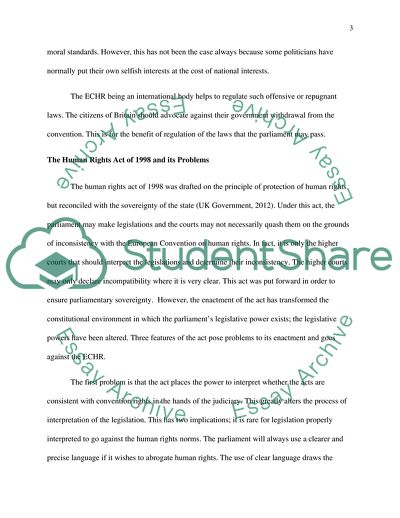Cite this document
(Should the UK withdraw from the European Convention on Human Rights Essay - 1, n.d.)
Should the UK withdraw from the European Convention on Human Rights Essay - 1. https://studentshare.org/law/1798289-should-the-uk-withdraw-from-the-european-convention-on-human-rights
Should the UK withdraw from the European Convention on Human Rights Essay - 1. https://studentshare.org/law/1798289-should-the-uk-withdraw-from-the-european-convention-on-human-rights
(Should the UK Withdraw from the European Convention on Human Rights Essay - 1)
Should the UK Withdraw from the European Convention on Human Rights Essay - 1. https://studentshare.org/law/1798289-should-the-uk-withdraw-from-the-european-convention-on-human-rights.
Should the UK Withdraw from the European Convention on Human Rights Essay - 1. https://studentshare.org/law/1798289-should-the-uk-withdraw-from-the-european-convention-on-human-rights.
“Should the UK Withdraw from the European Convention on Human Rights Essay - 1”. https://studentshare.org/law/1798289-should-the-uk-withdraw-from-the-european-convention-on-human-rights.


